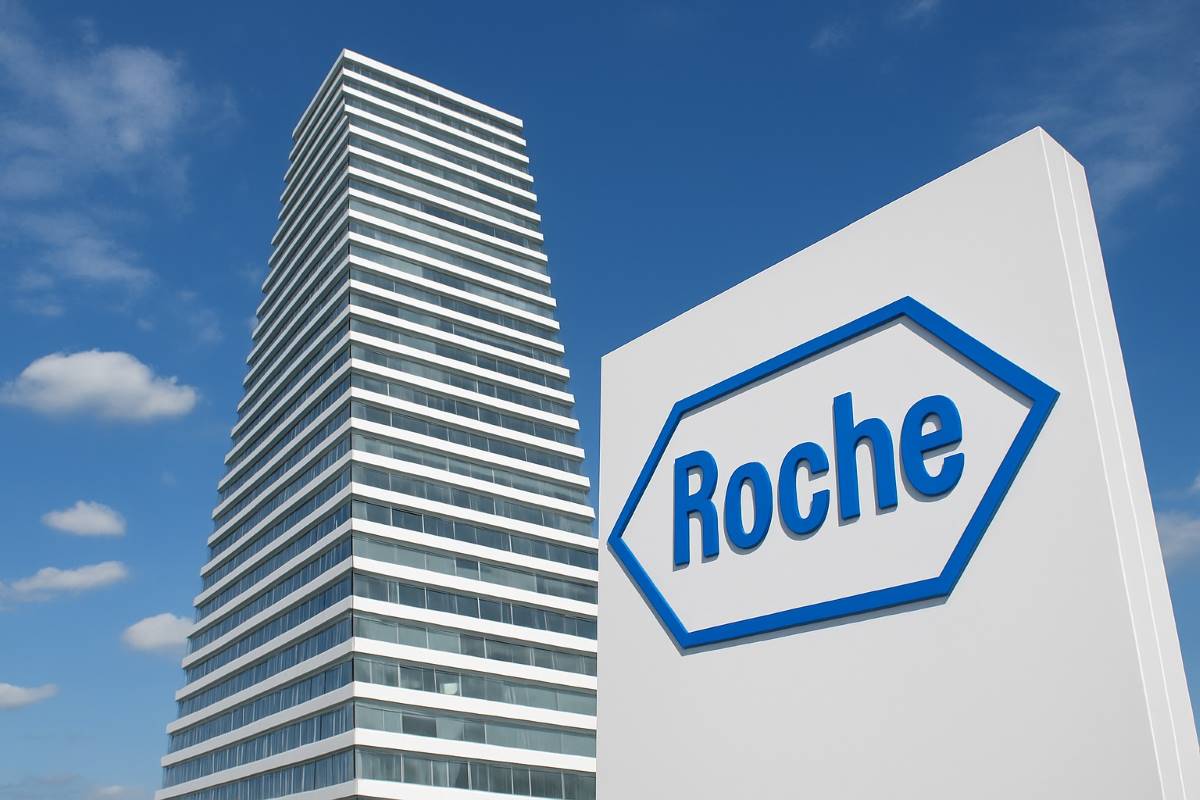Roche, promising data for new drug against multiple sclerosis
Post on: 04.06.2025

The multinational pharmaceutical company Roche has released very encouraging clinical results related to phenebrutinib, an experimental molecule that could represent an important breakthrough in the treatment of multiple sclerosis. The drug, still under development, has shown significant efficacy in slowing the progression of the disease and in almost completely reducing pathological activity in patients involved in the trial.
A step forward in the fight against multiple sclerosis
During the annual meeting of the Consortium of Multiple Sclerosis Centres (CMSC) held in Phoenix, USA, Roche presented updated results from the phase II study. According to the press release, fenebrutinib has demonstrated a highly selective and potent profile, with clinical results that bode well for the next phase of testing.
"Fenebrutinib is a promising drug, with a precise mechanism of action and a safety profile that allows us to look forward to phase III with confidence", said Levi Garraway, Chief Medical Officer of the group.
What makes fenebrutinib a potential game-changer
The new sclerosis drug acts by specifically inhibiting the BTK (Bruton Tyrosine Kinase) protein, involved in inflammatory processes affecting the central nervous system. The goal is to reduce chronic inflammation responsible for damage to the myelin sheath – the protective coating of neurons – slowing down the progression of the disease.
Multiple sclerosis is an autoimmune disease that affects over 2.9 million people worldwide, causing a wide range of debilitating symptoms: persistent fatigue, balance problems, visual disturbances and motor difficulties are just some of the signs that characterize its evolution. The most common age of onset is between 20 and 40 years, making it the leading cause of non-traumatic neurological disability among young adults.
Next steps: Phase III
Roche expects to conclude phase III studies by the end of 2025. If the results are confirmed, fenebrutinib could be proposed to the regulatory authorities for marketing authorization.
The announcement also had an impact on the stock market: the Roche dividend note recorded an increase of about 1% on the day of the communication, bucking the trend of the general market. Year-to-date, the stock is up 2%, while year-on-year growth has reached +15%. However, the five-year figure remains negative (-21%).
Roche: a history of innovation and research
Founded in 1896 in Basel by Fritz Hoffmann-La Roche, the company is now one of the world leaders in the pharmaceutical and diagnostic sector. Its areas of excellence include oncology, autoimmune diseases and advanced diagnostic tests. In 2024, Roche reported total sales of 60.5 billion francs and net income of 9.2 billion, consolidating its position in the global healthcare landscape.
Interest in new sclerosis drugs is very high, given the growing incidence of the disease and the lack, at the moment, of a definitive cure. The prospect that fenebrutinib may represent a new, more effective and safer treatment option ignites the hopes not only of doctors, but also of millions of patients.
What is phenebrutinib?
Fenebrutinib is an investigational drug developed by the pharmaceutical company Roche, currently undergoing clinical trials for the treatment of multiple sclerosis. The molecule acts in a targeted manner as a selective inhibitor of Bruton's tyrosine kinase (BTK), an enzyme that plays a central role in communication between cells of the immune system, in particular B cells and myeloids, which are involved in inflammatory and autoimmune processes typical of the disease.
Unlike other treatments that generalize the immune system, Fenebrutinib focuses on more precise modulation of the inflammatory response, potentially reducing side effects and improving treatment tolerability in the long term. This selective approach makes it particularly promising for both relapsing and progressive forms of multiple sclerosis.
In the most recent phase II studies, the drug has shown encouraging results: in the treated patients, an almost complete suppression of the pathological activity of the disease and a slowing of the progression of disability was observed. The safety profile that has emerged so far appears favorable, making it plausible to continue the clinical development pathway. Roche expects to complete phase III by the end of 2025.
If future data confirm those obtained so far, fenebrutinib could represent a new generation of sclerosis drug, offering an effective and more targeted therapy for millions of people living with this chronic and often disabling disease.
Multiple sclerosis and Roche | Conclusion
The data presented by Roche on fenebrutinib point in a clear direction: that of a future in which the management of multiple sclerosis will be increasingly precise, personalized and effective. Although the experimental process still remains to be completed, the premises for a new drug against sclerosis are all there.
Cookies & Privacy
Utilizziamo i cookie per offrirti la miglior esperienza possibile sul nostro sito Web.
Accetta e continua Continua senza accettare
Per maggiori informazioni leggi la nostra Privacy Policy





